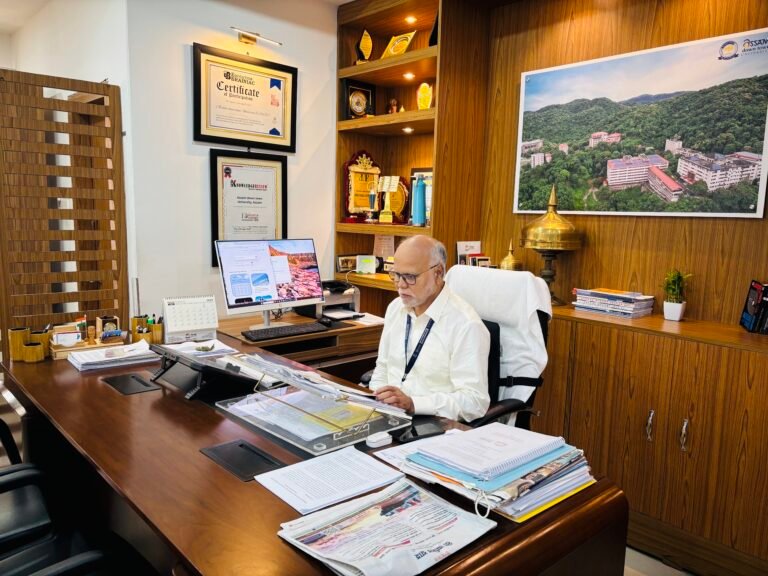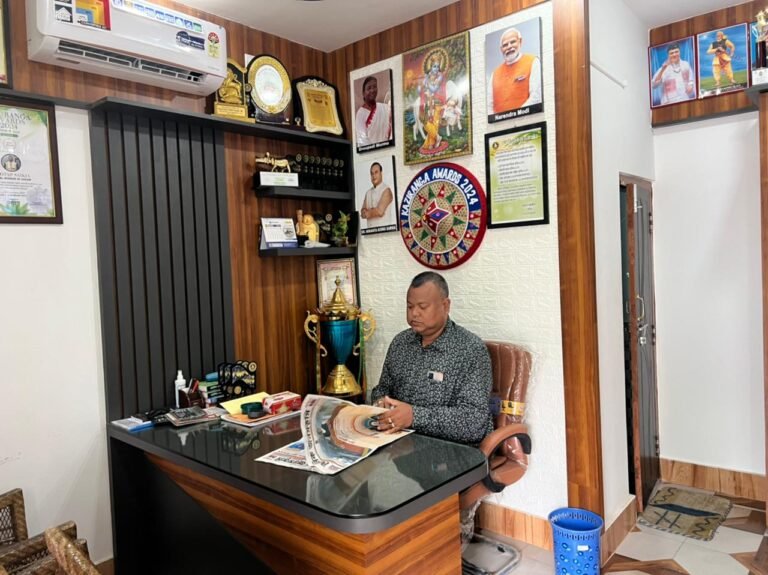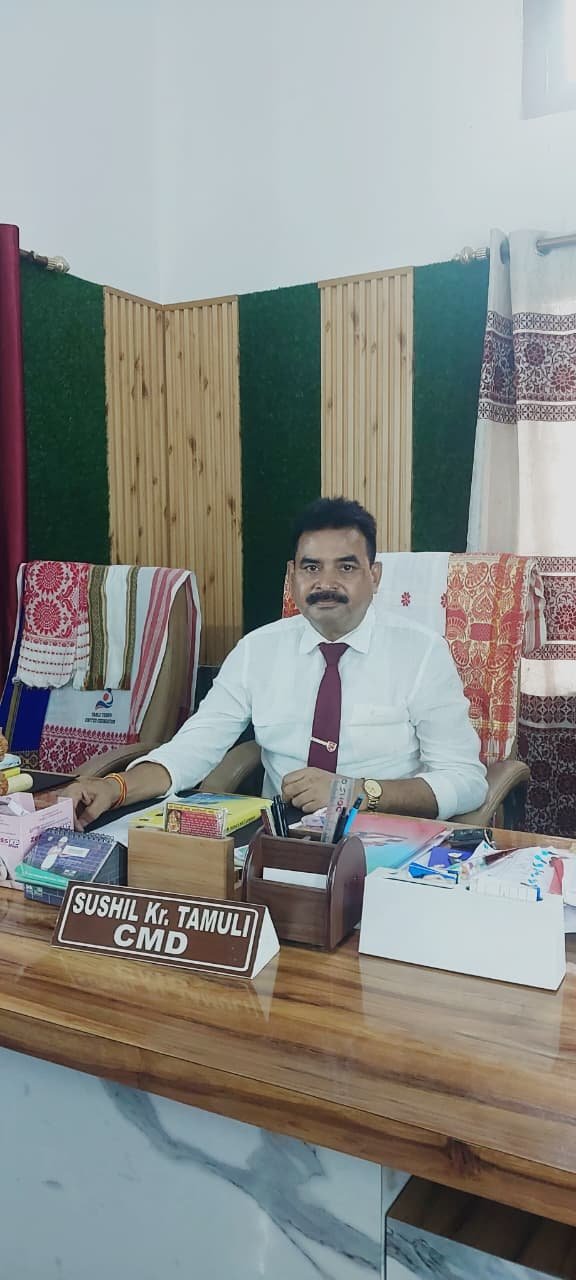Don Bosco School, Guwahati Upholds Preventive System to Shape Character and Competence
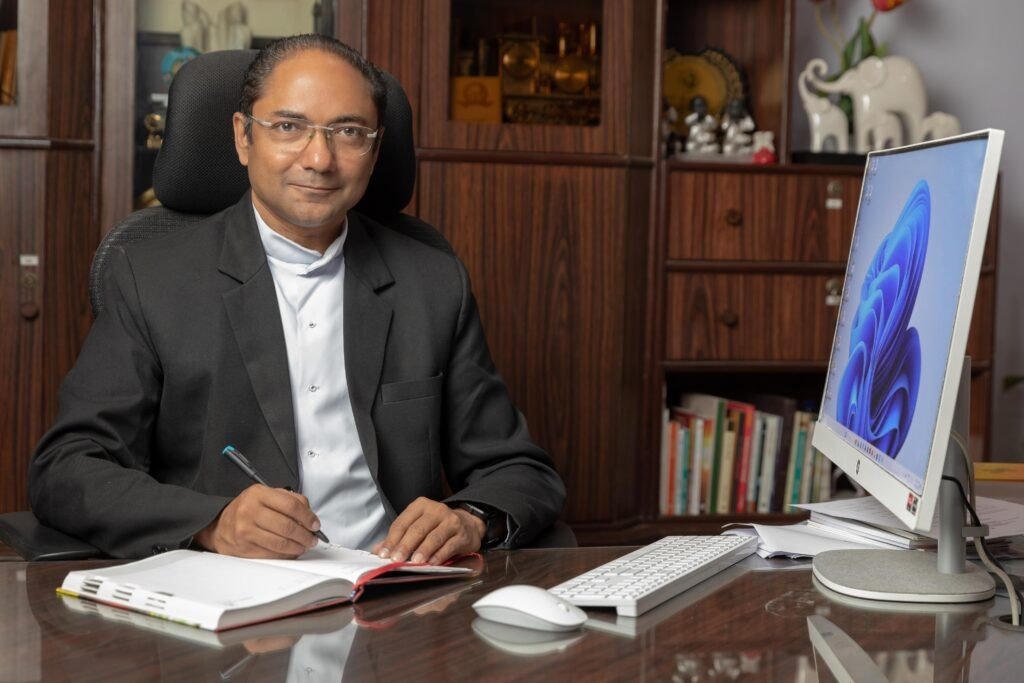
Marking over 75 years of shaping young minds in Assam’s capital, Don Bosco School, Guwahati, continues to uphold its mission of fostering “upright persons and honest citizens” through a blend of academic rigor and moral grounding.
Under the leadership of Principal Fr. (Dr.) Alex Mathew, SDB, the institution has embraced modern educational practices while staying rooted in the Salesian Preventive System of reason, religion, and loving-kindness. In this candid conversation with EduNe, Fr. Mathew reflects on the school’s evolving role in an increasingly competitive and value-challenged society, the importance of balancing virtue with knowledge, and the vision for nurturing wise, compassionate individuals in Northeast India.
- Don Bosco School, Guwahati has a legacy spanning over 75 years. What core values and mission continue to guide the school under your leadership?
If we are 75 years and still standing tall, it speaks for itself. Ours is a missionary school committed to inclusive education with special care for the underprivileged and marginalized. For Don Bosco education was meant to create ‘upright persons and honest citizens.’ We practice the preventive system as advocated by Don Bosco. Continuous presence of adults among the young prevents them from engaging in destructive or damaging activities.
- The school’s motto is “Virtus et Scientia” — Virtue and Knowledge. How do you ensure this is reflected in both academic and co-curricular activities?
We live in a society where Knowledge is given the pride of place and virtue takes the back seat. Here at Don Bosco, we give both equal importance. The erosion of conscience in education, a tendency known as neoliberalism is a systemic force of political, economic, and cultural violence, fostering despair while obliterating any vision of justice, solidarity, or care. We want to do out bit to stem this tide in our own little way.
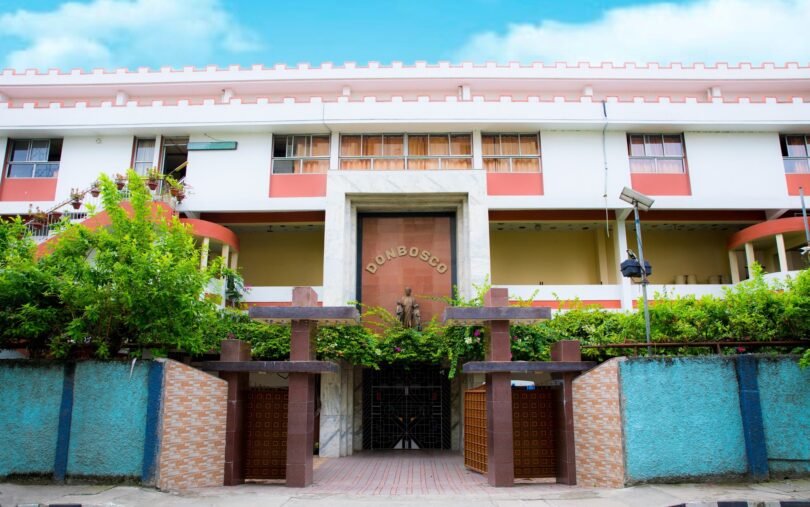
- The Salesian Preventive System promotes reason, religion, and loving-kindness. How is this philosophy adapted to suit modern educational practices and CBSE guidelines?
The modern educational practice negates the old dictum ‘spare the rod and spoil the child.’ Children make mistakes and we tend to scream at them as we cannot now use a cane or other corporal punishments. It is here that Don Bosco’s Preventive system comes very handy. He promoted the three principles of Reason, Religion and Loving Kindness in his engagements with the young. Always tell them the reason for the demands you make on them. Secondly instil fear of God. Tell them that it was God who gave you life and loves you, sees all your actions both good and bad. Thirdly, let them know by your words and more by your deeds that you love them and are there for them.
- What are the key areas of focus for student development at Don Bosco—academic, emotional, moral, and physical?
All round development is the core of education and with the NEP, it has become even more pronounced. Academics is the spine of education and everything else is woven around it. Here there are regular assessments to ensure adherence to the basics of education that is the classroom teaching-learning activity. It is of course complemented by sessions on mental wellness by ‘Project Child’ foundation who also provide one-to-one counselling to students and parents. Teachers are regularly updated about mental health issues and emotional balance through the several ‘Capacity Building Programme’ (CBP) mandated by CBSE. Principles of honesty, justice, simplicity, care for the aged, care for environment etc are driven home essentially through the elaborate morning assembly conducted by the students themselves.
- Don Bosco transitioned to a co-educational model in 2010. How has this shift influenced the learning environment and student dynamics?
A school is second family for the child. So, as there are male and female members in a home, there needs to be also a similar atmosphere in the school. Greater mutual respect was visible after we became co-ed. Boys especially improved their general demeanour as they wanted to be noted and appreciated by the girls who were joining new. The overall ambient improved when we turned to co-ed from an all-boys school.
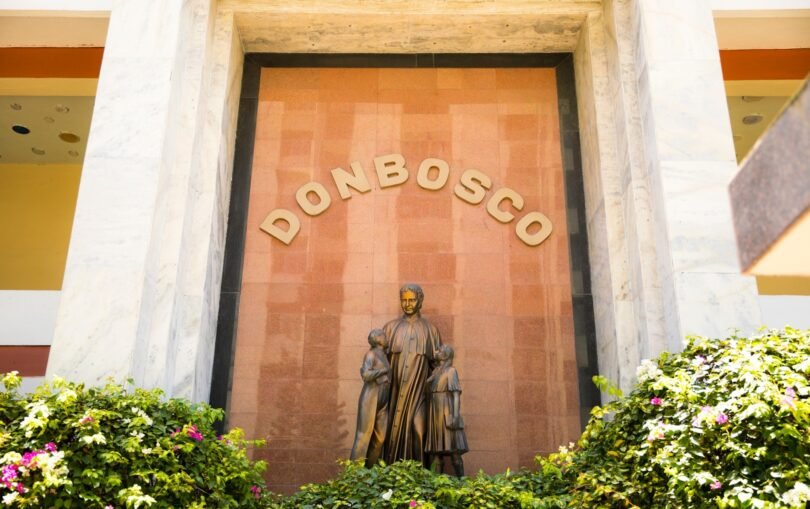
- What role does infrastructure—such as digital classrooms, laboratories, sports facilities, and libraries—play in delivering holistic education at Don Bosco?
A well-furnished classroom with digital support is no more a luxury. Here at Don Bosco, we have all our classrooms with digital boards and internet support. Our laboratories are also well set up and contribute a great deal to students hands-on learning. We have a variety of sports including football, basketball cricket, taekwondo, karate, lawn tennis, table tennis badminton and swimming. There is an old Latin saying ‘mens sana in corpore sano’ a healthy mind in a healthy body. Here we believe that a well exercised body contributes to a relaxed mind and enhances concentration, study and better overall performance. The NEP offers several guidelines in this direction as well.
- How do you approach faculty recruitment, training, and continuous professional development to align with the school’s values and vision?
Faculty recruitment is, like other schools is based on interview of which classroom teaching is a component. Great teachers need not be great communicators, so we evaluate them in a mock-class setting. The second is to align them to our vision and mission; and for that we provide training to new recruits as induction training as well as continuous seminars and trainings to those already serving the institution. This is besides the Capacity Building Programmes (CBP) mandated by CBSE. The senior teachers act as mentors to the new recruits and over a period of time they are able to imbibe the spirit and charism of a missionary Don Bosco Institution.
- In what ways are parents and the broader community involved in the educational ecosystem of Don Bosco School?
The School Management Committee is a microcosm of the larger community we serve. There are the components of administration, staff, parents, non-teaching staff, civil servants and other prominent citizens of the city on our SMC. We interact with parents during the open day when we give results to children and we also conduct regular Parents-Teachers Meeting (PTM) where we give and receive inputs on a whole array of activities both academic and non-academic. These fora offer a platform for interaction and mutual learning.
- Could you highlight some of the recent academic, cultural, or sports achievements by Don Bosco students that reflect the school’s excellence?
As for academics, approximately 70% of our students scored marks in the range of 90-99% during their board examinations. Their felicitation in a common occasion is indeed a fillip to the junior batches. On the cultural front, there are many inter-school activities held throughout the year and a lot of prizes are won by Bosconians regularly. On the sports front we have not been able to do much except for occasional medals in some inter-school events. We shall indeed strive to do better in the years ahead.
- Are there any upcoming initiatives, collaborations, or strategic developments planned for the school in the near future?
We do have two important collaborations one is with School Cinema Project where moral science is taught through movies. They will also learn to critique the movies and be able to make short documentaries at the end of the year. The second is teaching English language as a skill. It is different from teaching it as a language. For this we have collaboration with Wordsworth English Academy. This improves their speaking, pronunciation and communication skills. There are some more collaborations yet to be finalized.
- What is your message to aspiring school leaders and educators, especially in the context of education in Northeast India?
My message to educators is “Education is a matter of the heart, not of the head.” There is an overwhelming emphasis on knowledge which is putting undue pressure on parents and pupils. This must be done away with. Along with it is also the undue competition which is being inflicted by parents; students are coerced to go beyond their limits and capacity to perform better than their peers. This must also be addressed. Learn to say NO to your children when occasions demand it.
- How do you define a truly educated individual in today’s world, and how does Don Bosco School strive to nurture such individuals?
An educated person is a wise person as different from being knowledgeable. He or she is calm, composed, humble, willing to listen at the same time able to take a reasoned position on matters of importance and be firm without being appearing to be bossy.

